I’m not sure if we should call this Throwback Tuesday, Politically Incorrect Tuesday, or Pulp Fiction Tuesday, but sometimes there’s a little baggage that goes along with a great yarn. Depending on your source, the L. Ron Hubbard novella that leads this morning’s fresh new additions to our listing of free titles in the Kindle Store should sit between Elmore Leonard and Ernest Hemingway on your virtual shelves or, in the alternative, should be skipped unless it is part of a consciousness-raising course on racist, misogynistic stereotypes in popular pulp fiction of the 30s….
Decisions
R. Doug Wicker
4.0 out of 5 stars – 81 Reviews
Text-to-Speech: Enabled
$3.99 in the Kindle Store
You won’t find any more political correctness in R. Doug Wicker’s Decisions than you will find in L. Ron Hubbard’s Spy Killer
, but the two books also have something positive in common that goes far beyond the fact that two authors’ names meter out so congruently and felicitously:
It’s the high-concept Paranoid Premise, which provides the spine of some of the best suspense novels and screenplays ever written. And Wicker sweetens the deal for readers by setting his action against the backdrop of the exclusive Vai Kai resort in the Fiji Islands.
What’s the Paranoid Premise? I first heard the phrase while reading Amy Wallace’s 2004 New Yorker profile of B-movie screenwriting king Larry Cohen. Times movie critic Elvis Mitchell had summed it up in this description of Cohen’s oeuvre: “Mr. Cohen has mined a career out of one simple question–what’s the worst that could happen?”
And then, of course, each time the protagonist tries to deal with current “worst that could happen,” the next “worst that could happen” is even worse.
If these sound like the ingredients for a great read, Decisions is a natural for you. Here’s the set-up:
Donovan Grant witnessed something no man should have to see—a crime so horrendous with a death count so high that the memories haunt his every waking and sleeping moment, a crime for which he holds himself solely and completely responsible. The images replaying over and over within his mind have cost him his career, his marriage, and a good measure of his sanity.
Now, nearly eighteen months later and totally incapable of making even the simplest of decisions, Grant ekes out a meager existence working at an exclusive resort on the privately owned Fijian Island of Vai Kai. But there are some problems intruding upon this idyllic, decision-free existence: People are being murdered, the island is cut off by an approaching hurricane, and Grant is his own—and everyone else’s—prime suspect. During each additional uptick in the body count, Grant is suffering either from a blackout or a flashback to “That Day.” And then there’s his unfortunate propensity to be found standing over the victims’ bodies while holding the murder weapon in his blood-stained hands.
One woman separates Donovan Grant from total insanity and complete resignation. But Kelly LaBrecque has her own little problem—while Grant has the opportunity in each murder, only she has the motive. Stacking up in the resort’s refrigerated food locker are the bodies of Kelly’s ex-husband and the mistress who broke apart their marriage. It’s as if Grant is knocking off anyone who ever crossed her.
As the murders continue, the evidence against Grant piles up, and the latest choice of victims, the mistress’ milquetoast husband, mean Kelly herself may be next for cold storage, and Grant may be the one who places her there. Kelly and Grant must work feverishly to evaluate the clues and the ever-dwindling number of residents of Vai Kai—desperately racing the forces of nature and the killer that stalks them all.
In the end, Grant will have to come face-to-face with the killer, with himself, and with the demon that has haunted his remorse-filled, guilt-laden mind for far too long.


![[close]](https://www.jungle-search.com/swindwalker/close.gif)









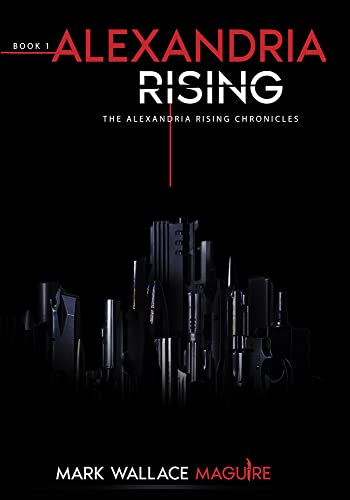

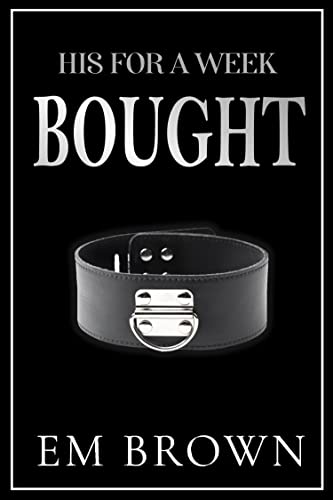
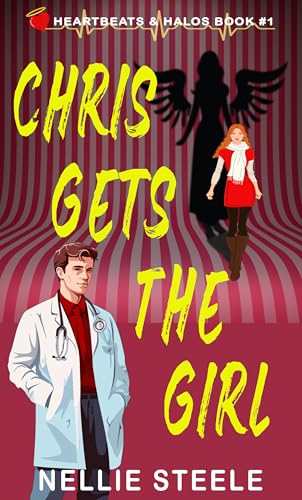
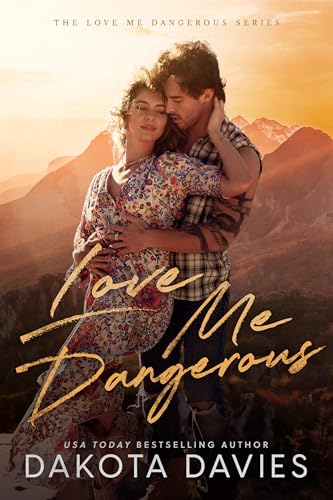
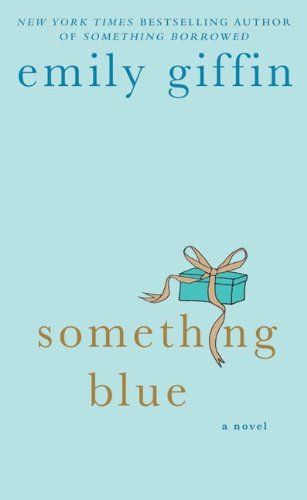



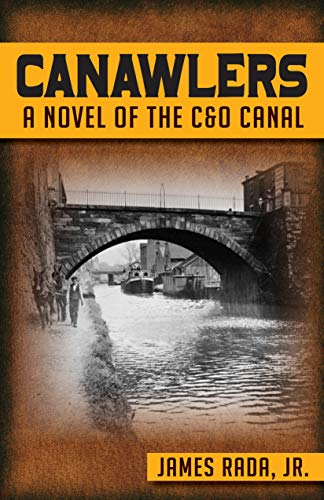

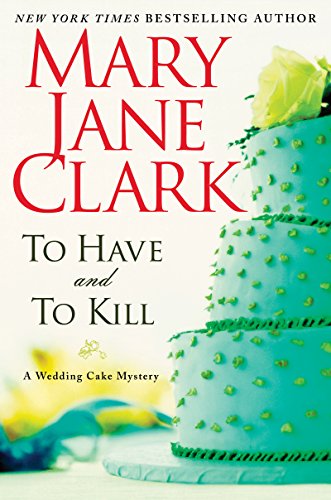







































![FORTUNE IS A WOMAN [Keeping Mr. Right] (Optimized & Ad-Free)](https://images-na.ssl-images-amazon.com/images/I/51BN8zFv1RL._SL60_.jpg)



